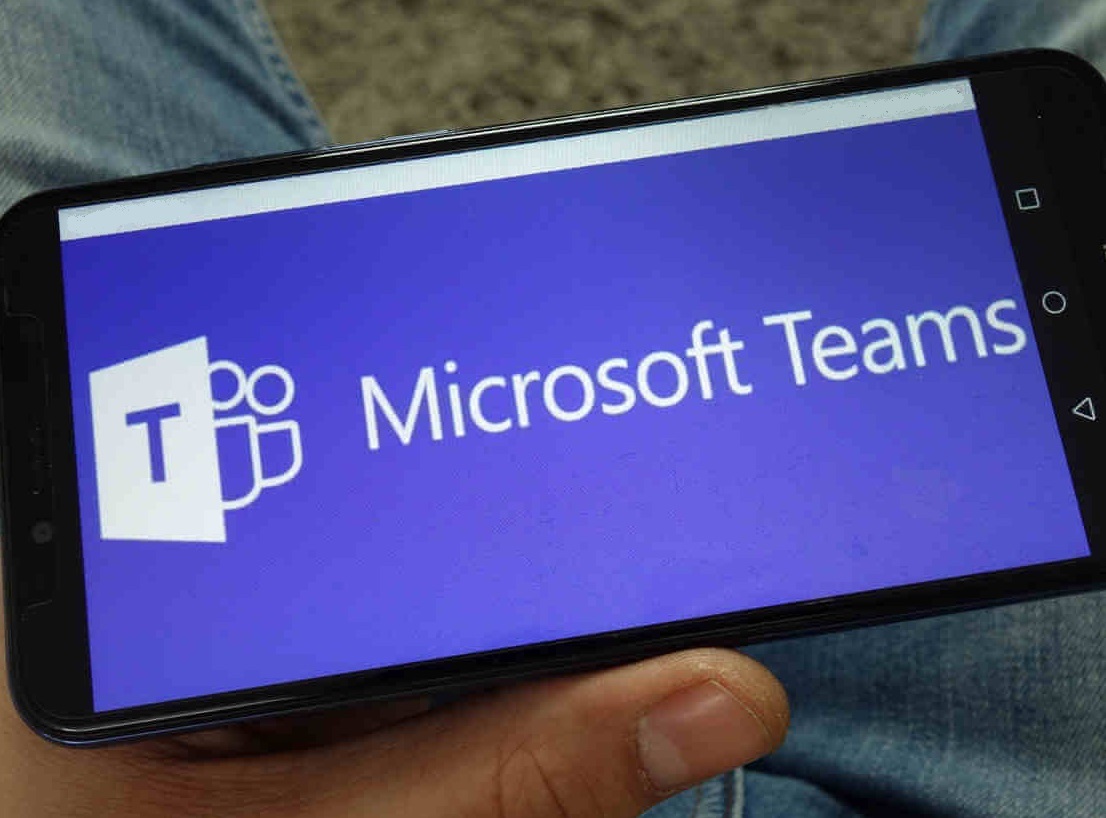Promises of a free PlayStation 5 or other valuable assets after entering card details on a phishing site can be some of the most common examples…reports Asian Lite News
Artificial Intelligence-based apps, online games, smart homes — all could increase your children’s risk of cyber-attacks, according to a report on Saturday.
The report, by global cybersecurity firm Kaspersky, noted that children are more likely to use AI tools that, so far, are not ready to provide the necessary level of cybersecurity and age-appropriate content.
These include apps such as uploading a photo to receive a modified version. However, when children upload their images to such applications, they never know which databases their photos will ultimately remain, and whether they will be used further.
AI apps, specifically, chatbots also provide age-inappropriate content when prompted.
The report also called on parents to be aware of the growth of malicious actors’ attacks on young online gamers, who often virtually build trust by luring the kids with gifts or promises of friendship.
They then obtain their personal information by suggesting that they click on a phishing link, which downloads a malicious file onto their device disguised as a game mod for Minecraft or Fortnite, or even grooming them.
Further, with an increasing number of banks providing specialised products and services tailored for children, including banking cards designed for kids as young as 12, children are also at risk of frauds from FinTech industry.
Promises of a free PlayStation 5 or other valuable assets after entering card details on a phishing site can be some of the most common examples.
Smart home devices also create threats for children, where cybercriminals can contact them through the device and request sensitive information such as their name, address and time, when their parents are not at home — or even their parents’ credit card number.
“In such a scenario, beyond just device hacking, there is also a risk of financial data loss or even a physical attack,” said the report.
As children tend to demand their personal space, parents must learn the skill to discuss their children’s online experience and the importance of parenting digital apps for online safety while respecting personal space. This involves establishing clear boundaries and expectations and discussing the reasons for using the app with any child, the report said.
“As we can see, many of the trends that are playing out in society are also affecting children, making them potential targets for attackers. This includes both the development and popularity of AI and smart homes, as well as the expansion of the world of gaming and FinTech industry,” said Andrey Sidenko, security and privacy expert at Kaspersky, in a statement.
“Therefore, it is crucial to teach children the basics of cybersecurity from an early age, how not to fall into the trap of cybercriminals, what cyberthreats can occur during gaming, and how to properly protect your personal data. All this is now a must-have knowledge not only for adults, but also for the youngest users,” he added.
Kaspersky experts advised parents to stay informed about the latest threats and actively monitor children’s online activities.
“It’s crucial for parents to have open communication with their children about the potential risks they may encounter online and to enforce strict guidelines to ensure their safety,” the report said.
ALSO READ-AI Startup Pitches Soar After MBZUAI Entrepreneurship Success














